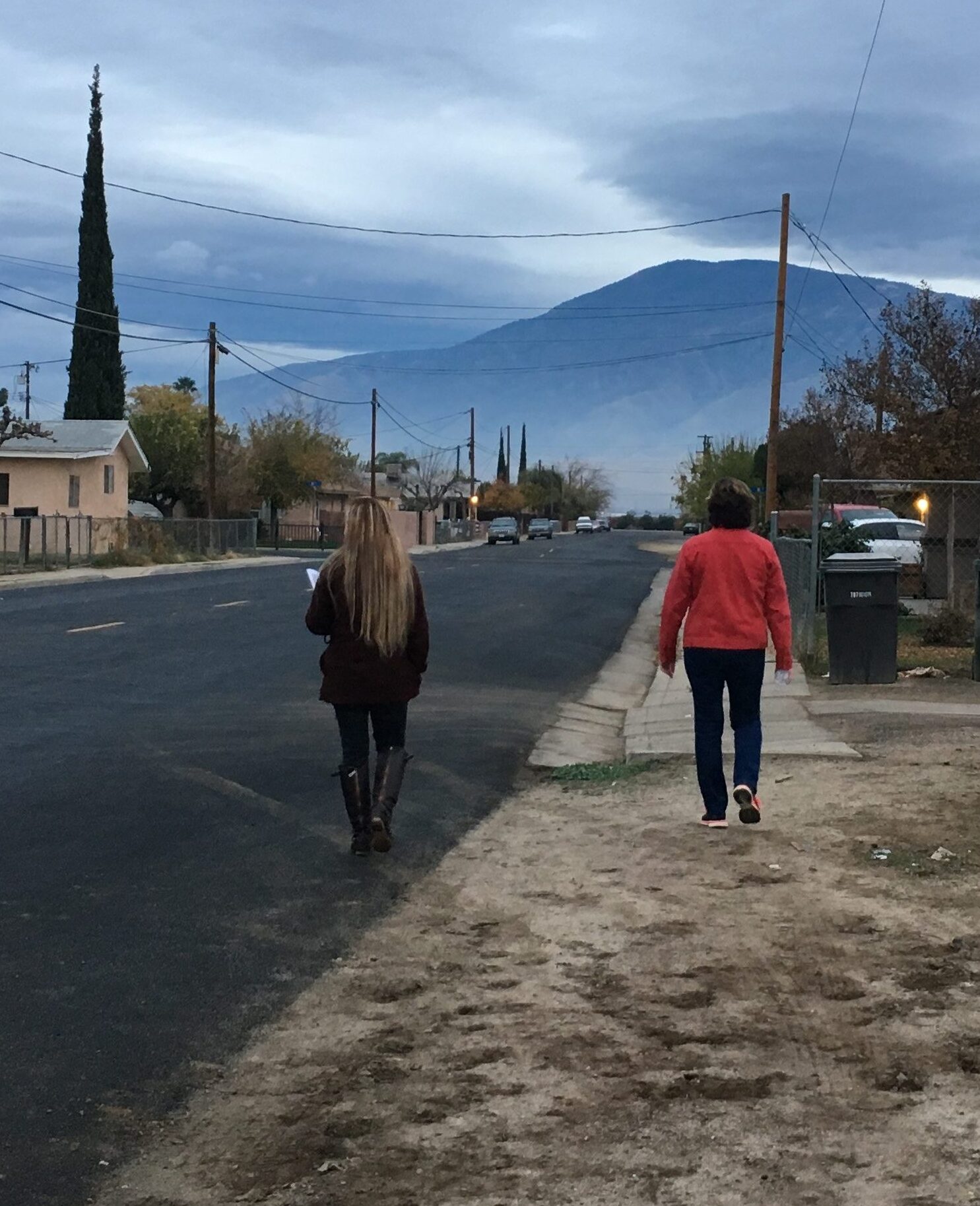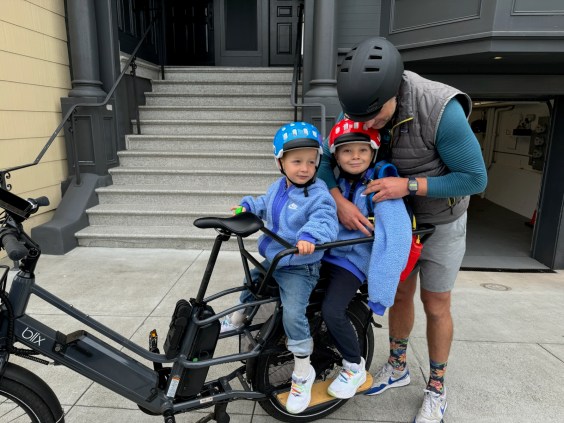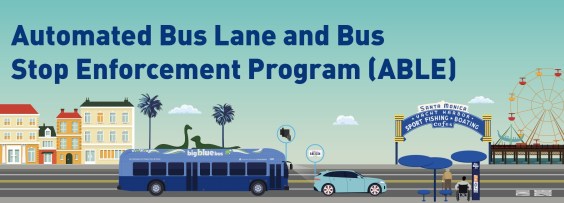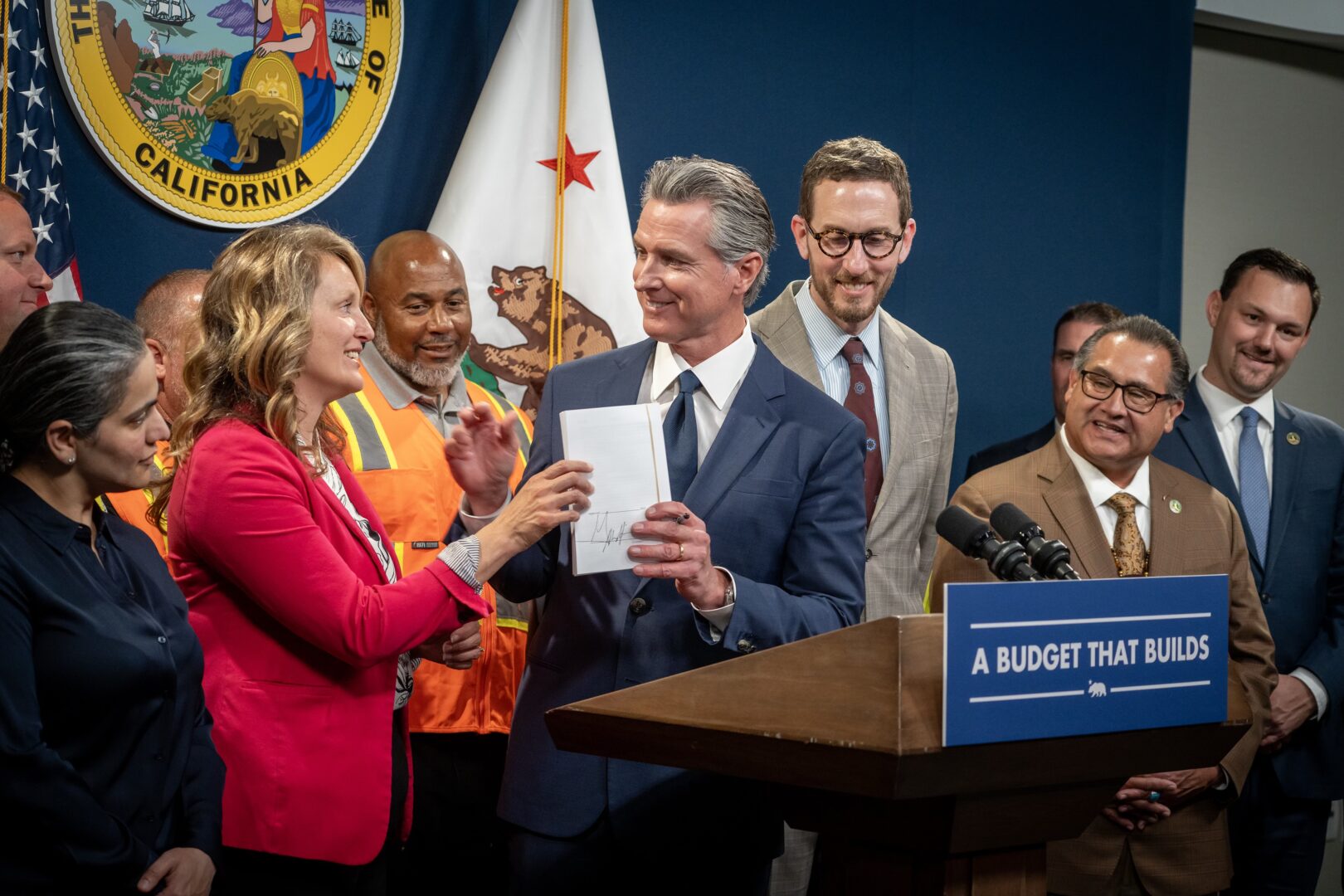Caltrans just awarded $9.3 million in Sustainable Transportation Planning Grants to 41 projects. The grants went to small rural cities, large cities and regions, and transit agencies throughout the state.
The grants come from a mix of state and federal funding, including the state highway account and federal planning and research grants.
Caltrans received 132 applications for a total of $30 million in planning projects, but was only able to award a fraction of that amount. The purpose of the grants is to help local transportation plans incorporate transit, bicycling, and walking. The projects awarded include complete streets plans, studies of connections for bicycle, pedestrian, and transit travel, and community engagement.
A portion of the total, $1.5 million, goes for Strategic Partnership grants, which are aimed specifically at encouraging partnerships between Caltrans and regional agencies so they can easily share information and improve transportation across the state.
The remainder of this round of funds, $7.7 million, goes to Sustainable Communities grants. These are meant to help local jurisdictions identify transportation problems, to encourage collaboration between agencies, cities, and advocacy groups, and to get the public actively involved in planning solutions.
The grants are an important source of funding, especially for small cities trying to engage local communities in planning for better transportation systems. Many cities and agencies can be hard-pressed to come up with the funding and capacity to plan innovative transportation solutions, and consequently they rely on Caltrans grants to supplement their efforts.
For this round, Caltrans changed the guidelines to remove dedicated grants for environmental justice, community-based transportation planning, and transit planning, but all of those remain eligible for funding. Caltrans' goals with this program include helping “promote a balanced, comprehensive multimodal transportation system,” with an emphasis on transportation planning efforts that promote sustainability.
An example of the grants is one for the small rural city of Arvin, in Kern County, to help it build on the work it has already done to engage residents in developing a comprehensive Complete Streets and Safe Routes to School Plan.
However, the grants are not limited to bike, pedestrian, and transit planning. So, for example, one of the grants will go to the Monterey region to study “near term and mid-range plans to improve safety, multimodal traffic operations, transit, agricultural freight transport, and stormwater management” along the G12 expressway, a heavily congested road connecting Prunedale and Watsonville.
The county of Ventura will receive a grant to study multimodal options for Highway 33 in Ojai, including “identifying needs and challenges for walking, bicycling, and transit,” with the final goal being to develop strategies to complete the pedestrian and bicycle network, create connections to transit and the Ojai Valley Trail, and calm traffic.
San Diego will receive a grant to help it build a data portal to coordinate area cities' Climate Action Plans.
SCAG will receive funding to conduct a study of equity issues and public engagement strategies for a pilot program that could test cordon pricing—charging motorists for driving into certain congested areas—in L.A.
Lake County will receive a grant to help it inventory pedestrian needs and challenges, and Lake County Transit will get one to help it improve the way it gets information about transit services to the public.
The complete list of grants is available here.
The list of applicants that were not awarded grants is also available, here.
One of the projects that did not get funded was an equity analysis of bike-share in the Bay Area that the Metropolitan Transportation Commission and TransForm were planning together.
Many worthwhile projects are on this second list, and it's not clear whether the agencies and cities on this list will find other sources of funding, or wait for future rounds of the Sustainable Grants program.






